Metformin Does Not Improve Disease-Free Survival in Early-Stage Breast Cancer Patients
Results from the largest study of its kind to date do not support adding metformin to standard adjuvant therapy in patients with early-stage breast cancer without diabetes.
Although metformin once held enormous promise in the treatment of breast cancer, adding the drug to standard treatment did not significantly improve invasive disease-free survival (DFS) among patients with high-risk operable forms of the disease without diabetes, according to researchers in The Journal of the American Medical Association.
A total of 3,649 adult patients (mean age 52.4 years; 3,643 women) were enrolled in the phase 3 trial, all of whom had high-risk non-metastatic breast cancer and were receiving standard therapy. Patients were required to have a fasting glucose ≤126 mg/dL to be considered for inclusion in the trial.
The participants were randomized to undergo treatment with either 850 mg twice-daily oral metformin (n = 1,824) or twice-daily oral placebo (n = 1,825) for 5 years. Study medication was either reduced or discontinued if patients experienced toxic effects.
Follow-up was performed at 6 and 12 months and annually thereafter; fasting blood samples were taken at 6 and 60 months. The study’s primary endpoint was invasive DFS in hormone receptor-positive breast cancer.
The primary analysis was conducted in 2,533 patients who were estrogen receptor and/or progesterone receptor-positive (ER/PgR+). Among these, the median duration of follow-up was 96.2 months.
The researchers found invasive DFS events in 465 ER/PgR+ patients.
The incidence rates of invasive DFS events were 2.78/100 patient-years in the metformin group and 2.74/100 patient-years in the placebo group (HR = 1.01; 95% CI, 0.84-1.21; P = .93).
Similarly, incidence rates for death were 1.46/100 patient-years in patients treated with metformin, compared with 1.32/100 patient-years among their counterparts who received placebo (HR = 1.10; 95% CI, 0.86-1.41; P = .47). The study also found no statistically significant differences between groups with respect to any of the 3 secondary outcomes in ER/PgR+ patients.
Among patients who were ER/PgR–, the invasive DFS rate was 3.58/100 patients-years in metformin-treated patients and 3.60/100 patient-years in controls (HR = 1.01; 95% CI, 0.79-1.30; P = .92).
Interestingly, exploratory analyses in patients positive for human epidermal growth factor receptor 2 (HER2) found quite different results. HER2-positive patients treated with metformin had longer invasive DFS than did controls (1.93 events/100 patient-years vs 3.05 events/100 patient-years; HR = 0.64; 95% CI, 0.43-0.95; P = .03).
Similarly, metformin-treated patients in this subgroup had longer overall survival than did those treated with placebo (0.78 deaths/100 patient-years vs 1.43 deaths/100 patient-years; HR = 0.54; 95% CI, 0.30-0.98; P = .04).
“Metformin is not beneficial for use in most common breast cancers, but in the cases of HER2-positive breast cancer, our findings suggest it may be beneficial,” Pamela J. Goodwin, MD, of Mount Sinai Hospital and the University of Toronto said in a statement.
Although these results need to be replicated in future research, the researchers acknowledged that metformin may provide an additional treatment option for HER2-positive breast cancer.
“The results tell us that metformin is not effective against the most common types of breast cancer and any off-label use for this drug for the treatment of these common types of breast cancer should be stopped,” Goodwin added.
References:
https://jamanetwork.com/journals/jama/fullarticle/2792615
https://www.eurekalert.org/news-releases/953510?
Disclosures: Some authors declared financial ties to drugmakers. See full study for details. The study was funded in part by Apotex Canada.
Photo Credit: Getty Images, Pixabay
By Michael Vlessides, MD /alert Contributor





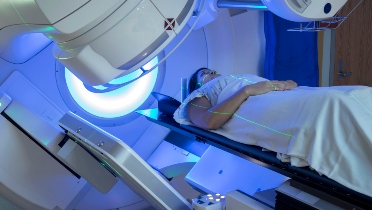
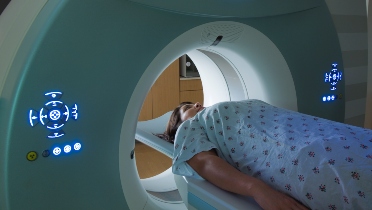





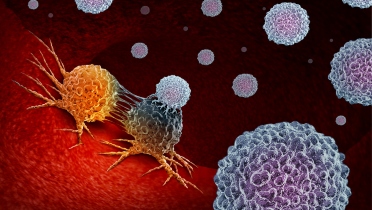



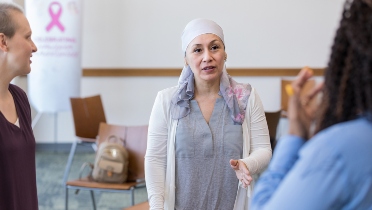
.jpg)

.jpg)
.jpg)
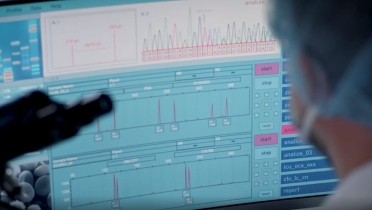

.jpg)
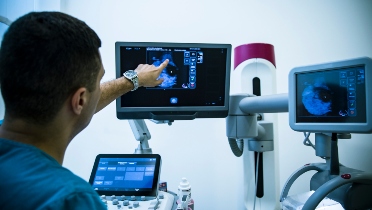
.jpg)

.jpg)
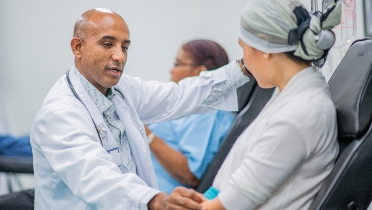
.jpg)
.jpg)
.jpg)
.jpg)
.jpg)
.jpg)
.jpg)
.jpg)
.jpg)
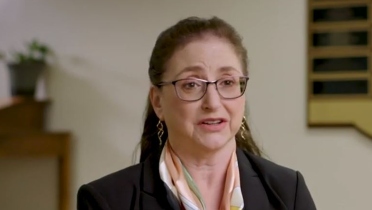
.jpg)
.jpg)
.jpg)
.jpg)
_.jpg)
.jpg)
.jpg)
.jpg)
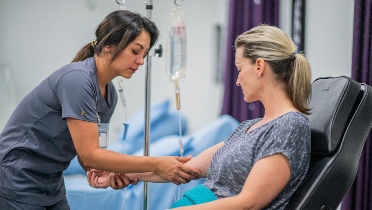
.jpg)

.jpg)
.jpg)
.jpg)

.jpg)
.jpg)
.jpg)

.jpg)
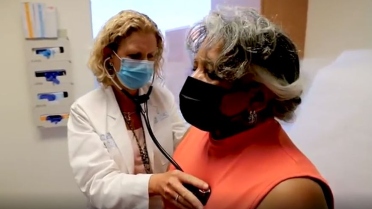
.jpg)
.jpg)
.jpg)
.jpg)


.jpg)

.jpg)
.jpg)
.jpg)
.jpg)
.jpg)
.jpg)

.jpg)

.jpg)
.jpg)
.jpg)

.jpg)
.jpg)
.jpg)
.jpg)
.jpg)

.jpg)
.jpg)
.jpg)
.jpg)
.jpg)
.jpg)
.jpg)
.jpg)
.jpg)

.jpg)
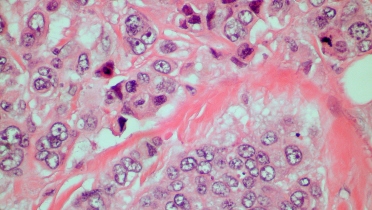
.jpg)
.jpg)
.jpg)
.jpg)
.jpg)



.jpg)

.jpg)

.jpg)



.jpg)
.jpg)
.jpg)

.jpg)
.jpg)
.jpg)
.jpg)
.jpg)
.jpg)
.jpg)
.jpg)
.jpg)
 Featured Breast Cancer Videos
Featured Breast Cancer Videos.jpg)